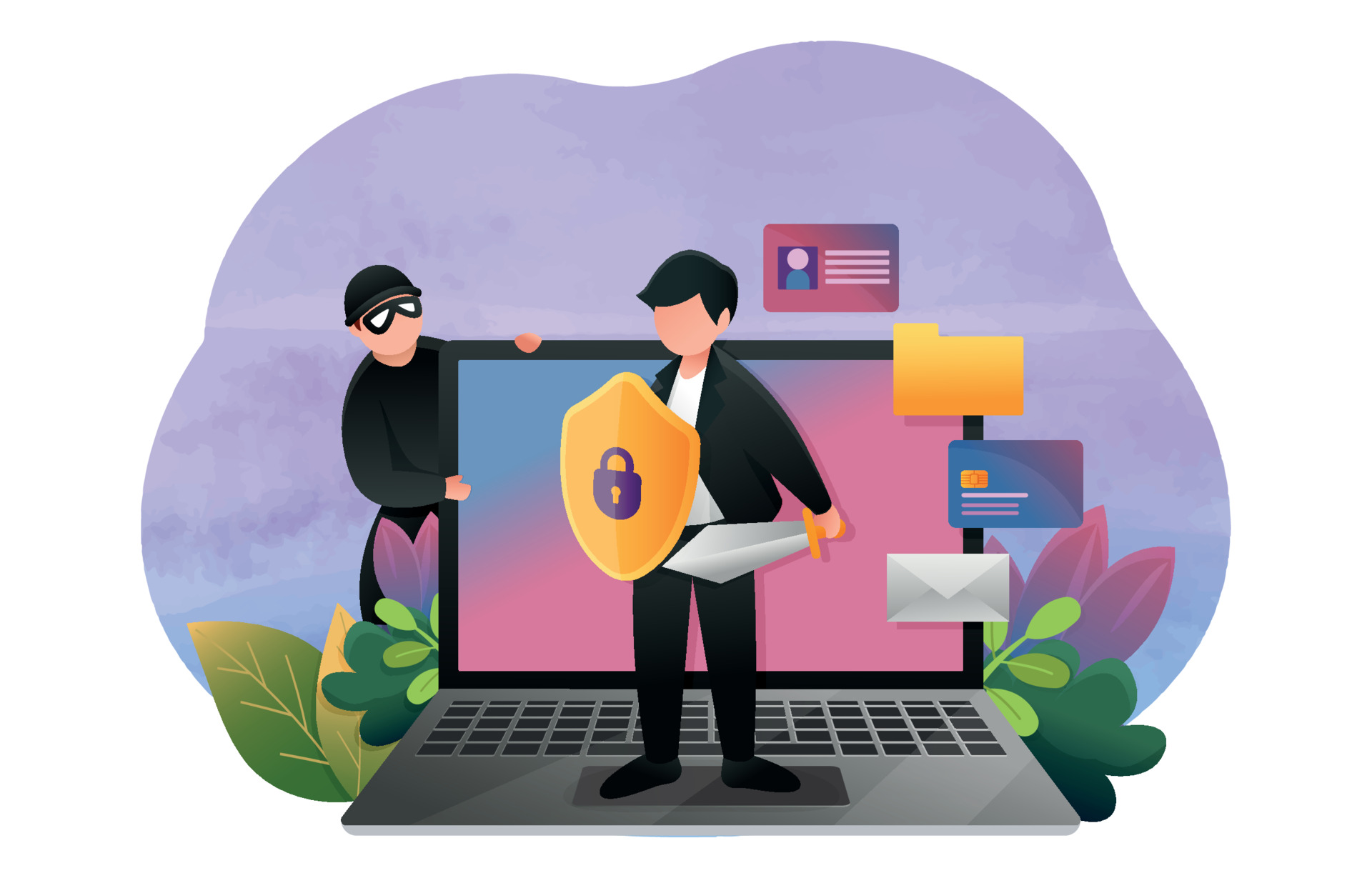Building Consumer Trust: 3 Trends On the Rise
Experian report shows users are more aware—and wary—of fraud
Experian report shows users are more aware—and wary—of fraud
Experian’s annual Global Identity and Fraud Report highlights the emergence of a new digital user persona. This savvy online consumer appreciates a seamless customer experience (CX), but, above all else, prioritizes their safety.
The report contains plenty of interesting tidbits related to business and consumer sentiment around fraud. The data begs an important question: can frictionless CX and Grade-A security play on the same team, or are they mutually exclusive?
Below you’ll find the answer to that question, plus some additional findings that caught our eye.
Fraud concern is through the roof
Businesses across the board have never been more worried about fraud. 70% of the companies surveyed in Experian’s report named fraud as their number-one concern—an all-time high. Notably, retail banking ranked as the least trustworthy vertical in regards to fraud risk, with credit card issuers not far behind.
The complexity and ubiquity of fraudsters is an obvious stressor for companies. However, with consumer fraud losses reaching $5.8 billion in 2021—up 70%—execs also know that today’s user is hip to the increase in fraud risk. Globally, over 50% of users have experienced fraud or know a victim personally. Consumers’ chief security concern is identity theft, which usurped credit card theft.
Earning trust from safety-first users is paramount. Otherwise companies will quickly feel a churning sensation.
Users aren’t cutting down on screen time
Consumers are more fraud-averse than ever before, but they aren’t spending less time or money online. Quite the opposite.
Experian’s data shows that online purchases have ticked up in recent months, including a boost in users from older age groups such as 40-54 (48%) and 55-64 (32%). Half of those surveyed plan to ratchet up their online spending over the next three months.
Active as they are, many respondents value security and privacy over the ease of a personalized online experience. This is especially true of those in the Baby Boomer (95%) and Gen X demographics (85%). Still, consumers express a desire to be repeatedly authenticated during an online session, though only one-third of them believe businesses are up to the task.
It behooves companies, then, to bolster their security defenses, while delivering a seamless customer journey.
Balancing security & convenience
A smooth, anxiety-free customer journey is built on trust. Given consumers’ growing online activity and security concerns, apps that protect them—without muddying up the customer experience—will be at the top of their list.
It’s a delicate balance, one that requires myriad data to effectively neutralize synthetic fraud, credential stuffing attacks, and all of the other tactics deployed by bad actors. Consumers, too, seem to know what it takes: 57% of them are open to sharing data in service of stronger security, and 63% believe data sharing is worthwhile (up from 51% last year).
These are encouraging stats, but enlisting a fraud prevention solution that has its own stockpile of identity intelligence on tap is a much easier route.
Deduce proves that airtight cybersecurity without friction isn’t fiction, thanks to our Identity Network that pulls from over 500 million anonymized user profiles, 150,000+ websites and apps, and more than 1.4 billion daily activities. In fact, Deduce sees the majority of the transactional US population multiple times per week. Deduce’s real-time identity intelligence preempts fraud before it happens and ensures users aren’t wrongly identified as bad actors. This dramatically reduces false positives during account creation and expedites authentication for returning customers—both common sources of churn.
We love that more consumers are invested in their online security. With the Deduce Identity Network behind them, B2C companies can treat users to the safe and frictionless experience they deserve.
Want to provide your customers with a seamless and secure online experience? Try Deduce for free today.





